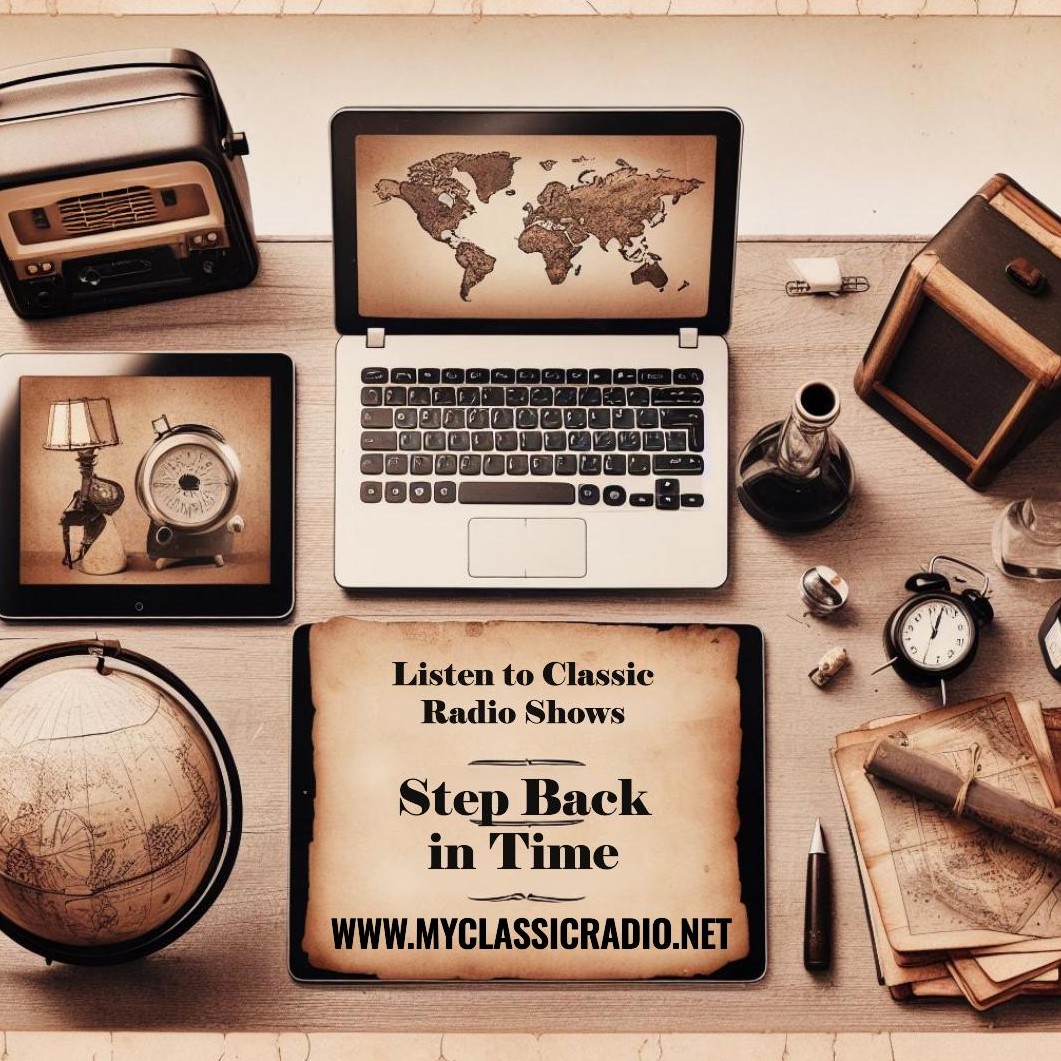GOLDEN CLASSIC RADIO SHOWS

Listen to Classic Radio Shows From time passed by and let your imagination run wild. The Golden Age of Radio, also known as the old-time radio era, was an era of radio programming in which radio was the dominant electronic home entertainment medium. It began with the birth of commercial radio broadcasting in the early 1920s and lasted through the 1960s, when television gradually superseded radio as the medium of choice for scripted programming, variety and dramatic shows.
Listen to Classic Radio Shows From time passed by and let your imagination run wild. The Golden Age of Radio, also known as the old-time radio era, was an era of radio programming in which radio was the dominant electronic home entertainment medium. It began with the birth of commercial radio broadcasting in the early 1920s and lasted through the 1960s, when television gradually superseded radio as the medium of choice for scripted programming, variety and dramatic shows.
Episodes
Episodes



Wednesday Feb 11, 2026



Wednesday Feb 11, 2026
Vic And Sade 44-06-22 (x) Gaggle Of June Christmas Sellers
Wednesday Feb 11, 2026
Wednesday Feb 11, 2026



Wednesday Feb 11, 2026



Wednesday Feb 11, 2026



Wednesday Feb 11, 2026



Wednesday Feb 11, 2026



Wednesday Feb 11, 2026



Wednesday Feb 11, 2026
Vic And Sade 44-07-07 (x) Second Letter From Yellow Jump
Wednesday Feb 11, 2026
Wednesday Feb 11, 2026

Golden Classics
The Golden Age of Radio, also known as the old-time radio era, was an era of radio programming in which radio was the dominant electronic home entertainment medium. It began with the birth of commercial radio broadcasting in the early 1920s and lasted through the 1960s, when television gradually superseded radio as the medium of choice for scripted programming, variety and dramatic shows.
Listen to Classic Radio Shows From time passed by and let your imagination run wild.









